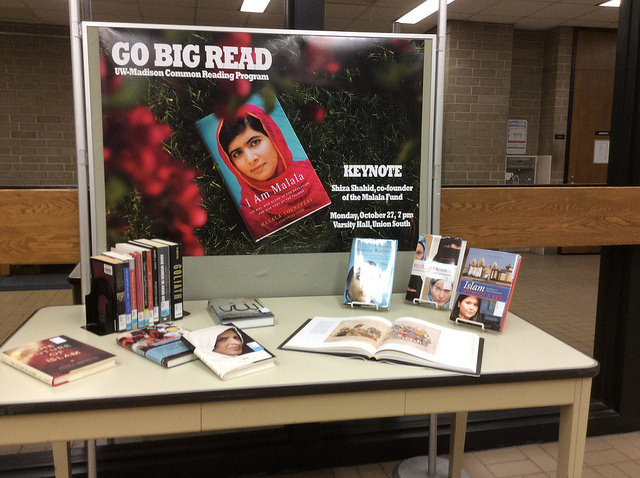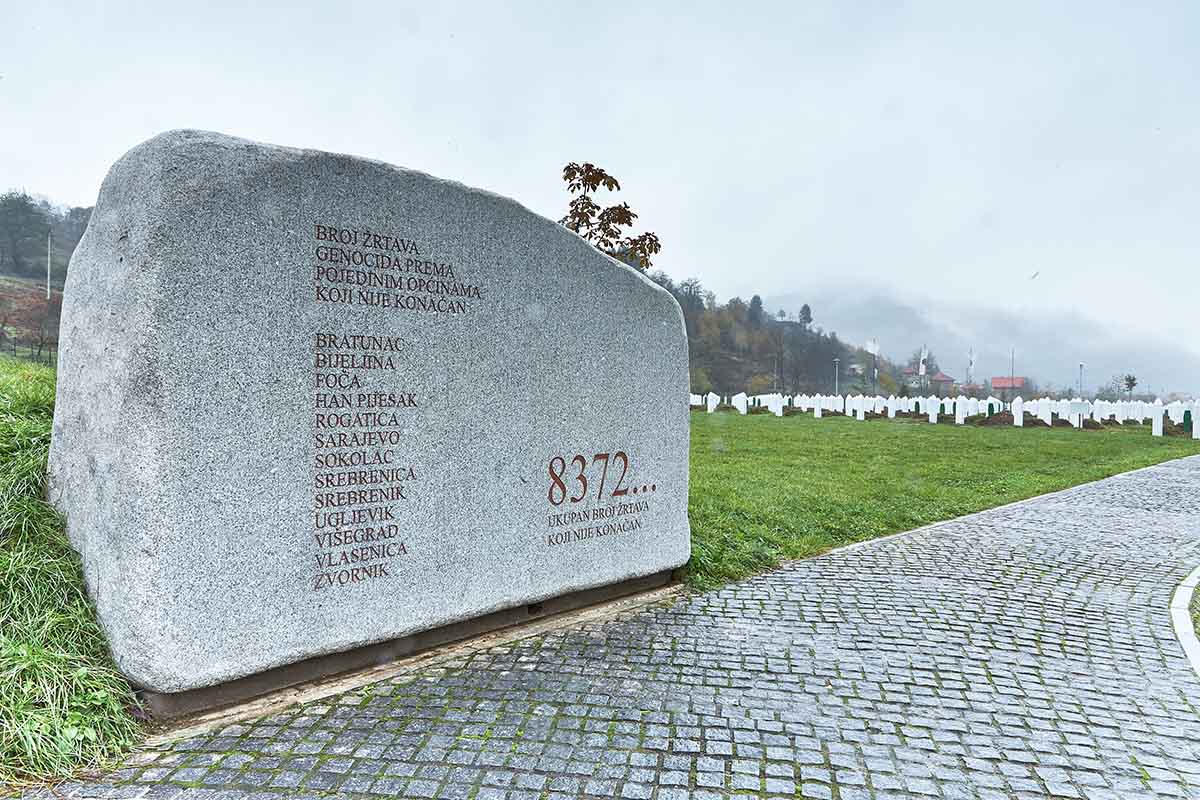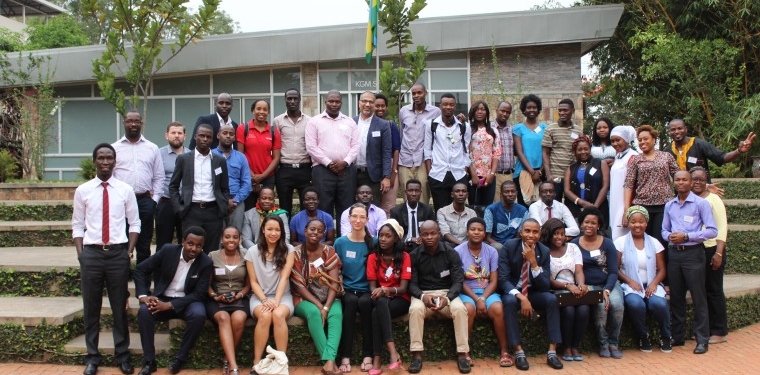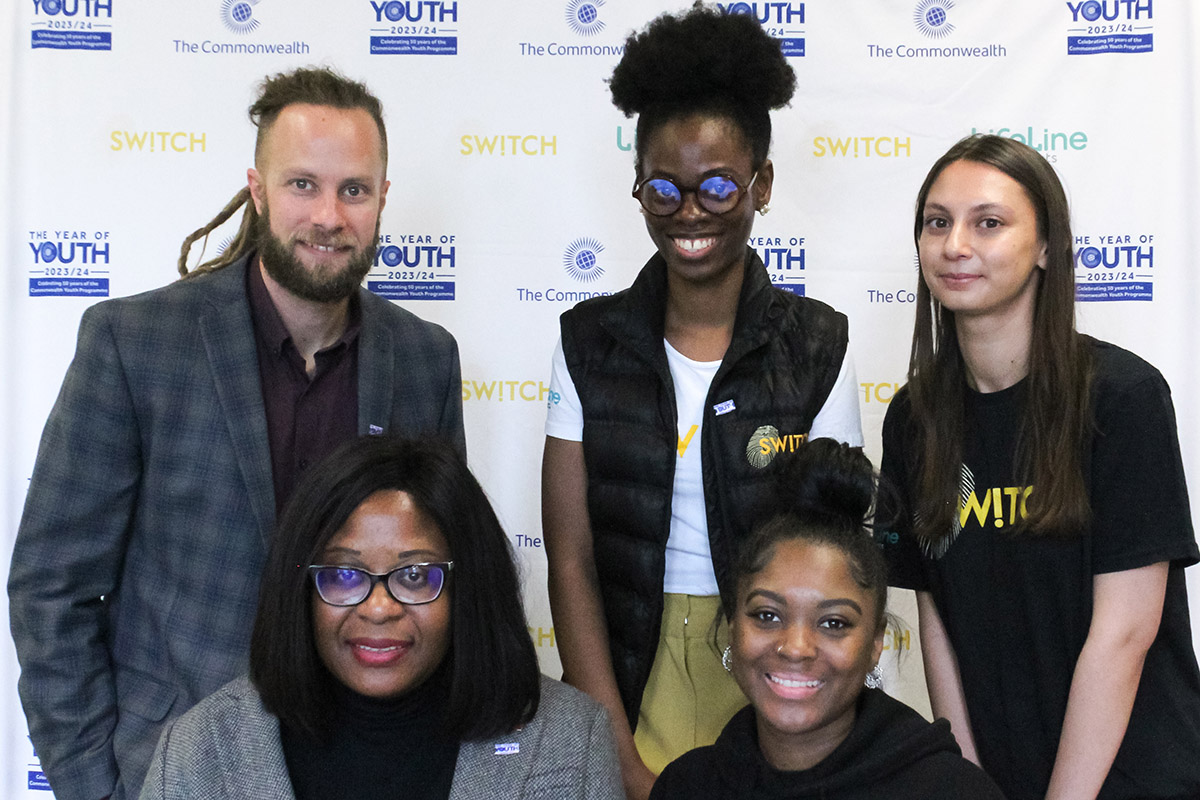“Leaders need to prioritise books, not bullets!”
August 6 Universal primary education is still a distant goal, writes Summaya Afaq, 23, a Correspondent from Karachi, Pakistan, but she argues that the goal is attainable if there is the political will to change priorities.
Universal primary education is still a distant goal, writes Summaya Afaq, 23, a Correspondent from Karachi, Pakistan, but she argues that the goal is attainable if there is the political will to change priorities.
The 21st century’s leaders are striving hard to implement democratic values that guarantee peace, stability and prosperity and ensure that no individual is deprived of human rights.
However, when a sense of inequality prevails among the citizens of a country, achieving prosperity appears to be a distant dream. Among the factors that stimulate a bitter sense of inequality, inaccessibility to quality education tops the unenviable list and impedes the struggle to implement democracy. As Nelson Mandela sums it up:
“It is through education that the daughter of a peasant can become a doctor, that the son of a mineworker can become the head of the mine, that a child of farmworkers can become the president of a great nation.
“Education is the most powerful weapon which can change the world,” Mandela said.
When citizens are deprived of this weapon, there is a greater possibility that they resort to lethal weapons to exhibit rebellion against their state and are more vulnerable to becoming handy tools of those who want to exploit the ‘golden opportunity’. This is especially true for developing countries where lack of quality education has yielded ghastly results.
Notwithstanding, it seems that some leaders have forgotten their primary responsibility to ensure that every child goes to school. While the contemporary world is still raging with fire due to wars and conflicts, the plight of children remains largely ignored. This is the reason education activist Malala Yousufzai, while addressing a summit on Education for Development in Oslo on July 6, stunned the leaders with some eye-opening facts.
There is no doubt that many international organizations are playing their role in ensuring every child goes to school, but the stunning figure of 58 million out-of-school children is a source of sheer dismay. The situation is dire in many developing and war-hit countries where lack of funds and infrastructure aggravate the situation. The United Nations’ Millennium Development Goals gave a special place to education by keeping it second among its many priorities, and by asking world leaders to pledge their support for the bright future of children by ensuring universal primary education. However, as this still seems to be a distant dream, one must continue to raise voices against impediments in the way of educating children across the globe.
While the picture appears to be quite gloomy, small efforts undertaken by youth, some nascent organizations and well-established NGOs provide a much-needed hope that the dream would turn into a reality soon. Young, energetic individuals are engaged with organizations like UNESCO, Room to Read, and the Malala Fund to continue the struggle to ensure bright futures for children.
What fills me with absolute joy is that a developing country like Pakistan has organizations like The Citizens Foundation and Rabtt, which are working relentlessly to value the dreams of children. The Citizens Foundation has built over 1000 schools in Pakistan at 109 different locations with 8,500 teachers, and has educated 165,000 students so far. The Citizens Foundation started with a clear vision – not only to provide education to students free or with little fee, but also to strike a gender balance at its campuses. Female student representation in schools in most cases is 50 per cent. Scholarship are offered to needy students, while books and uniforms are heavily subsidized. With its novel idea to hire only female faculty, The Citizens Foundation presently has 8,900 female teachers and principals across all their schools. With organizations like these, social entrepreneurship is yielding massive benefits for the poor masses in many countries.
But the issue of providing education is not resolved. World leaders have to realize their responsibility to prioritise books over bullets. They need to realize that the future of so many kids is at stake due to the vested interests of a few groups, but we can’t allow them to play with the future of our kids. What remains to be done is quite simple, as Malala said to world leaders:
“I want world leaders to choose books over bullets,” Malala said.
“($39 billion) represents what world governments spend on their militaries in just eight days. In eight days we spend as much on making war as it would take to ensure that every young person can receive 12 years of quality education.”
If the world leaders decide to take one week and a day off from war and weapons, we can put every child in school. Books are a better investment in our future than bullets.
As the idea seems to be both unique and flabbergasting, it requires great courage on the part of world leaders to do what Malala has suggested. But one is forced to think that if 17 year old Malala can endure the nerve-racking experience of surviving a brutal attack to continue her education, why should our leaders not show the same audacity to ensure access to this basic right?
photo credit: I Am Malala Book via photopin (license)
…………………………………………………………………………………………………
About me:
I hail from Pakistan, Karachi, and am studying at Karachi University Business School. I have also worked as a free-lance writer for a local company, Brainees.
The global challenges related to quality education, poverty, illiteracy, extremism and exploitation of resources is a concern for me. I want to mobilize mentors to enlighten the youth of Pakistan about the value of critical thinking. The future of Pakistani children can be changed through empathy and volunteerism in underprivileged areas.
…………………………………………………………………………………………………
Opinions expressed in this article are those of the author and do not necessarily represent the views of the Commonwealth Youth Programme. Articles are published in a spirit of dialogue, respect and understanding. If you disagree, why not submit a response?
To learn more about becoming a Commonwealth Correspondent please visit:
http://www.yourcommonwealth.org/submit-articles/commonwealthcorrespondents/
…………………………………………………………………………………………………




